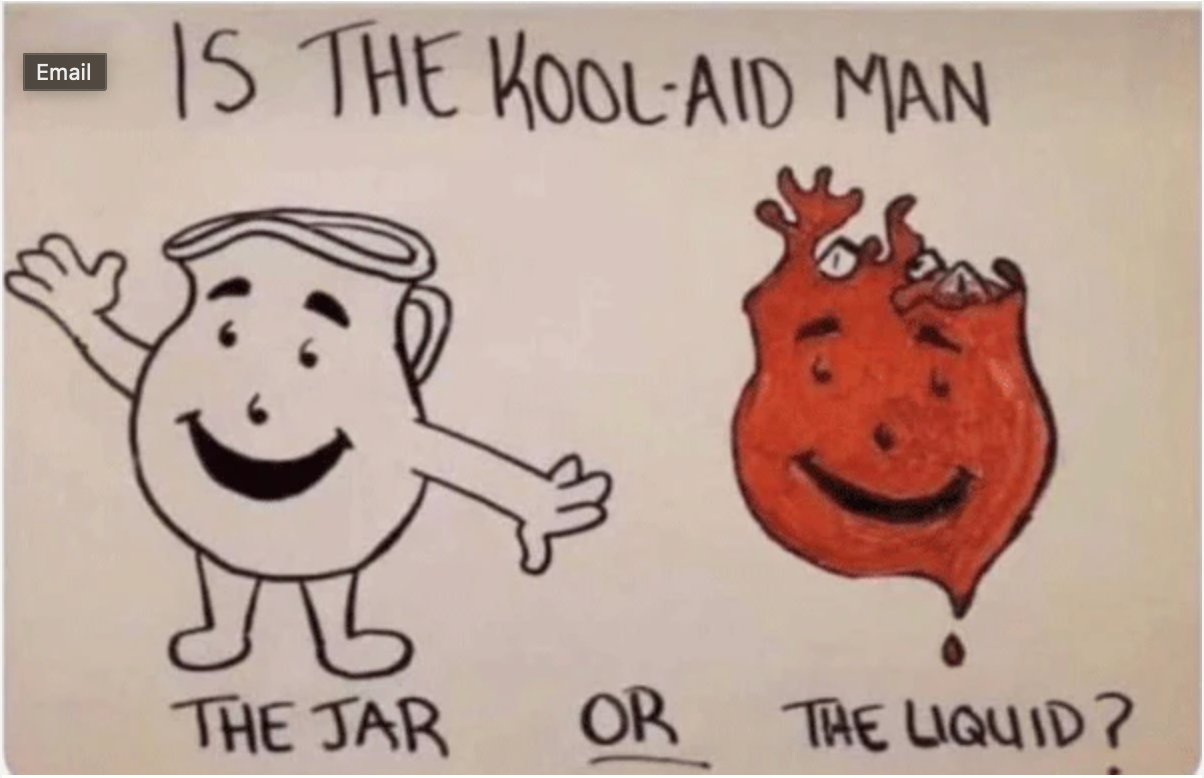Diccionario filosófico
-

Cómo el lenguaje da forma al pensamiento: Explorando la filosofía de Wittgenstein y la hipótesis Sapir-Whorf
Por Markus Uehleke
Discover how your language might be shaping—or limiting—your thoughts. Explore Wittgenstein's revolutionary "language games" concept and the truth behind the Sapir-Whorf hypothesis. Learn why linguists believe the words we use influence but don't determine our perception of reality. -

La revolución filosófica de Descartes sobre el dualismo mente-cuerpo
Por Sarthak Dhole
Join us as we explore Descartes's philosophical revolution which is listed amongst the likes of Newton and Copernicus. Descartes, a Rationalist, sought to rebuild knowledge on the foundation of reason alone, famously using his method of Cartesian Doubt to discard uncertain beliefs making him an extremist Socratic reincarnation. We delve into his Meditations 6, particularly his exploration of the mind-body problem, where he argued for the distinct, yet interacting, substances of mind (res cogitans) and body (res extensa). We also look at criticisms of Descartes’ Dualism by figures like Princess Elizabeth and Gilbert Ryle, who mockingly called it the “Dogma of the Ghost in the Machine.”
-

Sísifo: ¿El héroe absurdo o un caso asintomático?
Por Markus Uehleke
Aquí nos planteamos las preguntas difíciles: ¿y si Sísifo sólo es asintomático y su felicidad no es en absoluto transferible a nosotros, las personas "normales"? ¿Es la afirmación de Camus algo más que el "es lo que hay" para la gente educada, aunque se repita como un mantra en algunos lugares?
-

La cosa en sí de Kant: La realidad tras el telón
Por Markus Uehleke
Kant propuso que nuestra percepción del mundo está moldeada por nuestros sentidos y facultades mentales, que filtran la realidad para darle una forma comprensible. Sin embargo, la "Cosa en sí" representa la escurridiza realidad que yace más allá de nuestras limitaciones perceptivas. Al entender este concepto, puedes desafiar los límites de tu propio entendimiento y explorar lo que hay bajo la superficie de las apariencias. -

De Darwin a la humanidad: Cómo la evolución puede dar forma a un futuro mejor
Por Markus Uehleke
Darwin's theory invites us to reflect on our place in the natural world and our shared ancestry with other living beings. It offers a profound perspective on our origins and the interconnectedness of life. By engaging with the theory of evolution, we gain a stronger sense of our own identity and understanding of our relationship with the vast diversity of life that surrounds us. Read more about it now! -

Desafiar el dogmatismo: El impacto de la duda cartesiana
Por Markus Uehleke
Lea más sobre el principio filosófico de la duda metodológica y descubra por qué sigue siendo relevante hoy en día.















